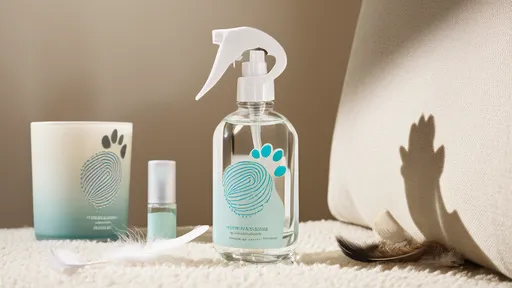Many pet owners believe that keeping their furry friends clean means giving them frequent baths. While this may seem like a sign of good care, it can actually do more harm than good. The misconception that pets need to be washed as often as humans is one of the most common mistakes in pet grooming. Unlike humans, dogs and cats have natural oils in their skin and fur that play a crucial role in their overall health. Overwashing can strip away these essential oils, leading to dryness, irritation, and even long-term skin problems.
The Science Behind Pet Skin and Coat Health
A pet’s skin is far more sensitive than most people realize. The natural oils produced by their sebaceous glands act as a protective barrier against environmental irritants, bacteria, and allergens. These oils also keep their coat shiny and healthy. When pets are bathed too frequently, this protective layer is disrupted, leaving their skin vulnerable to infections, rashes, and excessive shedding. Certain breeds, especially those with sensitive skin or double coats, are even more prone to these issues.
Veterinarians often see cases where well-intentioned pet owners unknowingly cause skin conditions by overwashing. Dogs with itchy, flaky skin or cats developing bald patches are sometimes victims of excessive bathing. It’s important to remember that pets don’t sweat like humans do, and their bodies aren’t designed for daily showers. Unless they’ve rolled in something particularly foul or have a medical condition that requires regular cleaning, frequent baths are unnecessary.
How Often Should You Bathe Your Pet?
The ideal bathing frequency varies depending on the breed, lifestyle, and individual needs of the animal. For most dogs, a bath every four to six weeks is sufficient. Cats, being fastidious self-groomers, rarely need baths unless they’re unable to clean themselves properly. Working dogs or those who spend a lot of time outdoors may require more frequent washing, but even then, it’s best to use gentle, pet-safe shampoos that won’t strip their coat of natural moisture.
Puppies and older pets may have different bathing needs as well. Young dogs with developing immune systems can be more susceptible to skin issues if bathed too often, while senior pets might have drier skin that requires extra care. Consulting a veterinarian or professional groomer can help determine the best bathing schedule for your pet’s specific needs.
Alternatives to Frequent Bathing
Instead of relying on constant baths to keep pets clean, there are several other methods to maintain their hygiene. Regular brushing removes dirt, loose fur, and distributes natural oils throughout their coat. For dogs, wiping their paws and underbelly with a damp cloth after walks can reduce the need for full baths. Dry shampoos formulated for pets can also be a great solution for freshening up their coat between washes.
Another overlooked aspect of pet hygiene is their living environment. Keeping bedding clean, vacuuming pet hair, and ensuring they have a tidy space to rest can significantly reduce odors and dirt accumulation. A well-balanced diet also plays a role in skin and coat health—pets with proper nutrition tend to have less body odor and healthier fur, reducing the perceived need for frequent baths.
Recognizing Signs of Overwashing
Pet owners should be aware of the warning signs that their bathing routine might be too aggressive. Excessive scratching, redness, flaky skin, or a dull coat are all indicators that the skin’s natural balance has been disrupted. If these symptoms appear, it’s best to scale back on bathing and consult a vet if the issues persist. In some cases, a medicated shampoo or dietary supplement may be recommended to restore skin health.
It’s also worth noting that some pets develop anxiety or stress around bathing, especially if it’s done too often. Creating a positive experience with treats, patience, and gentle handling can make bath time less traumatic. For pets who despise water, alternatives like waterless shampoos or professional grooming services might be a better fit.
Breaking the Cycle of Misinformation
The idea that pets need frequent baths is often perpetuated by outdated advice or marketing from pet care products. While it’s true that some situations call for regular cleaning—such as pets with allergies or skin conditions—the average healthy animal does not require weekly baths. Educating oneself on proper pet care and seeking professional guidance can help owners make informed decisions that prioritize their pet’s well-being over misconceptions.
At the end of the day, a pet’s cleanliness shouldn’t be measured by how often they’re bathed but by their overall health and happiness. By understanding the delicate balance of their skin and coat, owners can avoid the pitfalls of overwashing and ensure their pets stay comfortable and thriving for years to come.

By /Jul 31, 2025

By /Jul 31, 2025

By /Jul 31, 2025

By /Jul 31, 2025

By /Jul 31, 2025

By /Jul 31, 2025

By /Jul 31, 2025

By /Jul 31, 2025

By /Jul 31, 2025

By /Jul 31, 2025

By /Jul 31, 2025

By /Jul 31, 2025

By /Jul 31, 2025

By /Jul 31, 2025

By /Jul 31, 2025

By /Jul 31, 2025

By /Jul 31, 2025

By /Jul 31, 2025

By /Jul 31, 2025

By /Jul 31, 2025